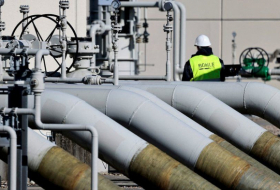Poland, Slovakia and the Czech Republic all reacted defensively to Mr Cameron’s demands which, if agreed to by Brussels, would discriminate against their citizens and run contrary to the principle of equal treatment enshrined in the EU treaties.
Witold Waszczykowski, Poland’s incoming foreign minister told The Telegraph, that the British move would be “humiliating” for Poles in the UK and could spark an arms-race of demands from other EU nations wanting special dispensations for themselves.
“We are not happy about any moves to segregate people according to where they come from,” he said, “If Cameron wants to divide people according to their nationality then that is against the free movement of labour and the treaty.”
Slovakia, which also has much to lose if Europe agrees to Mr Cameron`s demands, said the issue was highly sensitive to Bratislava. “We cannot create two categories of EU citizens,” said Peter Javorcik, Slovakia’s ambassador to the EU.
The Czech Republic also agreed, with the country’s prime minister, Bohuslav Sobotka, saying Mr Cameron’s request to put limits on the freedom of movement in the EU posed “a serious problem for the Czech Republic”.
 ""
""Of the four so-called Visegrad states – Hungary, Poland, Czech Republic and Slovakia, only Hungary did not openly come out against Mr Cameron’s proposals.
Hungarian diplomatic sources told The Telegraph that Budapest’s muted reaction reflected the strength of the relationship between Mr Cameron and Hungary’s fiercely conservative prime minister, Viktor Orban, who could yet prove a key ally in negotiations.
More about:
















































